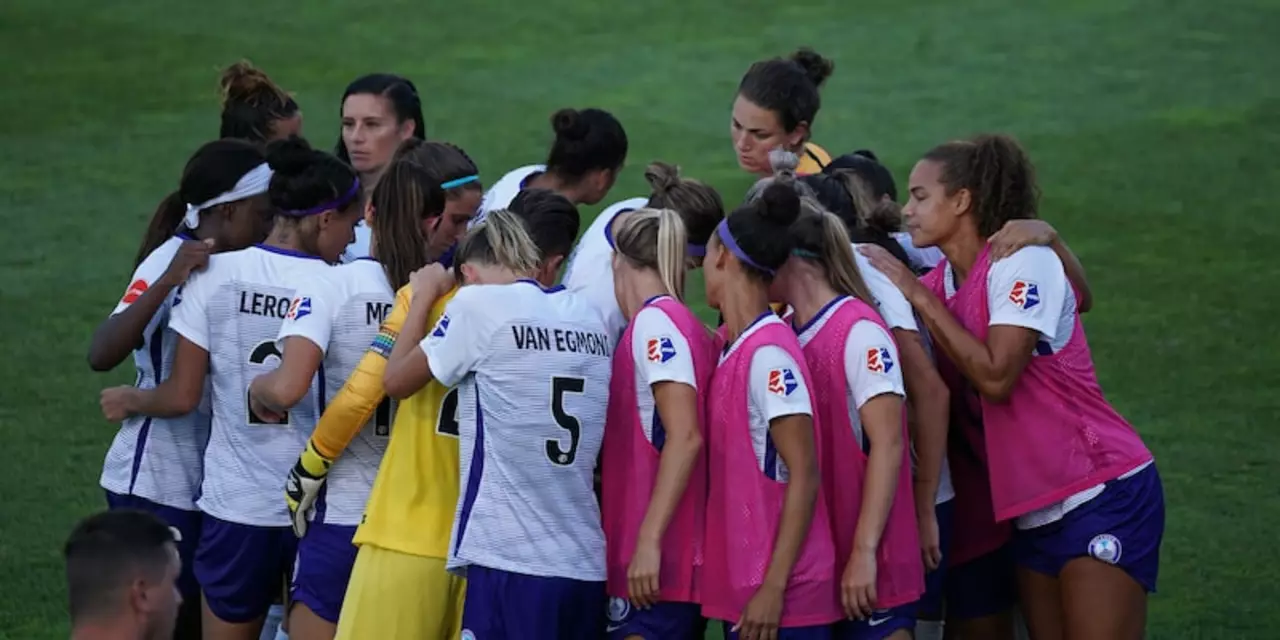Luck in Sports, Gaming and Everyday Moments
When we talk about luck, the unpredictable force that can tip the balance in sports, games, and daily life. Also known as fortune, it often feels like a hidden player on the field, in the casino, or even in the kitchen. People chase it, blame it, and try to measure it, but at its core it’s simply a random swing of events.
One of the biggest arenas where luck shows up is sports, organized physical contests that blend skill, strategy, and chance. A last‑minute goal, a broken wrist at the wrong time, or a lucky bounce off the post can change a season in seconds. That’s why fans talk about "the magic touch" or "a lucky break" after an unexpected win. luck influences fan excitement, player confidence, and even betting markets, proving that pure skill rarely tells the whole story.
In the world of gambling, wagering activities that rely on risk and chance, luck is the headline act. Whether it’s a spin of the roulette wheel or a football spread, the odds are calculated with probability, but the outcome still hinges on random events. Players often develop rituals—wearing a lucky shirt or avoiding certain numbers—to sway that chance, showing how superstition mingles with pure math.
Underlying both sports and gambling is probability, the mathematical study of how likely an event is to happen. Probability gives us the tools to predict outcomes, set odds, and assess risk. Yet, despite sophisticated models, the human brain still feels the sting when a low‑probability event turns into a surprising victory. This tension between calculated risk and raw chance fuels the drama that keeps audiences hooked.
How Luck Interacts with Skill, Superstition and Outcomes
Luck doesn’t act in isolation; it intertwines with skill, preparation, and mindset. A basketball player may practice free throws for hours, but a sudden gust of wind in an outdoor game or a slippery court can alter the result. Similarly, a seasoned poker player can read opponents well, yet a lucky draw can flip a losing hand into a winning one. These moments illustrate the semantic triple: Luck influences sports outcomes, Gambling relies on probability, and Superstitions affect player performance. Each triple shows a cause‑and‑effect link that helps readers understand why chance matters across different activities.
Superstitions are the cultural coat that people wear around luck. From athletes tapping a specific spot on the locker‑room bench to gamblers arranging cards in a certain order, these rituals aim to steer random forces. While science says they don’t change the odds, the confidence boost they provide can improve focus, indirectly shaping performance. In other words, belief in luck can become a self‑fulfilling prophecy, feeding back into the very outcomes it tries to control.
So what should you take away before you scroll through the posts below? Expect stories about unexpected turnarounds in football, debates on whether the Super Bowl is staged, and explorations of how chance shapes career paths—like a teen actor landing a major role or a guard balancing military duty with college soccer. Each article touches on the same core idea: luck is a real, measurable, and sometimes mystical part of the games we love.
Ready to see luck in action? Below you’ll find a mix of opinion pieces, fact‑checks, and narrative accounts that dive deep into how chance shapes sport, entertainment, and everyday decisions. Keep an eye out for the ways probability, superstition, and pure randomness collide—your next favorite story might just be a lucky find.
This article discusses the role of luck in team sports. It explains that some team sports are more dependent on luck than others. For example, a team sport like soccer relies heavily on skill and strategy, while a team sport like baseball is highly susceptible to luck. Furthermore, some team sports are designed to reduce the importance of luck, such as cricket, where teams can score points even if they are losing. Finally, the article stresses the importance of understanding the luck factor in any team sport and how it can affect the outcome of games.

 Sports News
Sports News